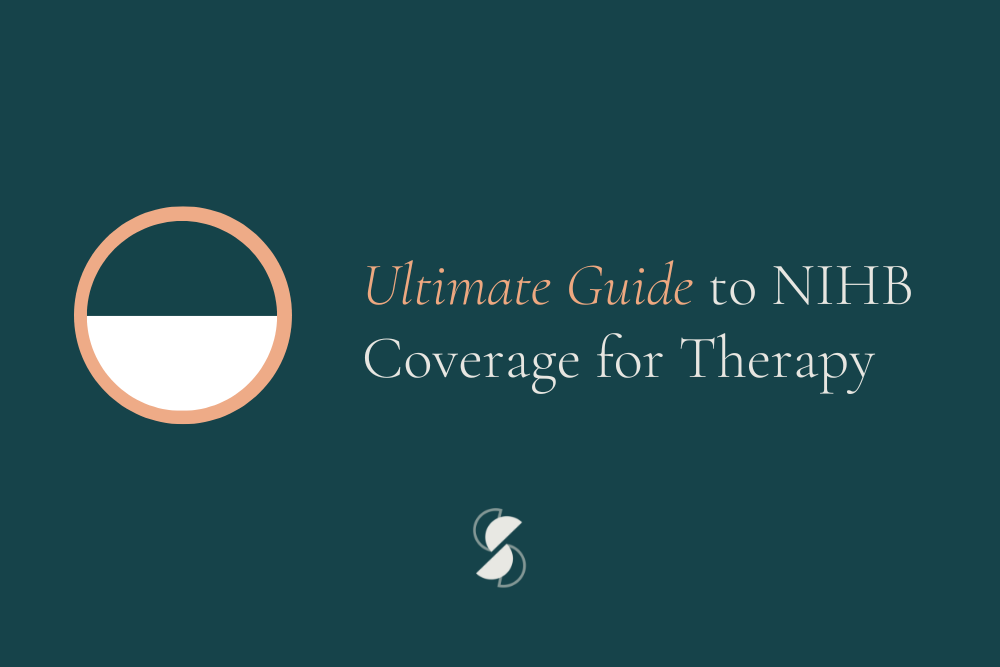How To Move Through Stress

Stress Cycles
We are all familiar with the feelings of stress: shallow breathing, heart racing, nausea, headache, and much more. Despite our best efforts, stress is an inevitable part of life. Whether we’re dealing with something unexpected, going into a high-pressure situation, experiencing conflict in a relationship, or any number of other circumstances, stress will be present. This doesn’t mean we have any reason to fear it nor that we’re helpless in the presence of it.
Stress cycles have a beginning, middle, and end. This is important to note because if we dismiss or suppress stress, we miss the opportunity to work through it. Negative emotions (e.g., anger, rage, etc.) are processed in the body as stress. This doesn’t mean they’re bad. They have something important to tell us, and if we pay attention then we can address our needs and ultimately help ourselves move through stress more efficiently.
Chronic stress has many negative consequences, including potential health and mental health issues, burnout, and relationship strain. That said, there’s plenty to be hopeful about! Proactively identifying stress and implementing strategies to reduce it can help us live healthier lives. There are evidence-based strategies to move through a stress response so we don’t get stuck.
I’ve narrowed these down to a few suggestions to help you move through stress rather than avoid it:
- Sleep: Often the first thing we sacrifice when we do not have enough time is sleep. This won’t have the desired effect! Sleep is important in regulating energy, attention, mood, reducing stress and regulating many other parts of daily functioning.
- Exercise: Don’t worry! It doesn’t have to be high-intensity cardio. It includes anything from walking to stretching to anything else that gets your body moving. For ex., try walking to work instead of taking the subway!
- Affection / Physical touch: Hug or cuddle a special someone—person or pet! Also, kissing, experiencing pleasure and sex are known stress reducers and they feel good, too!
- Meditation / Mindfulness: The basis of mindfulness and meditation is breath. One exercise that can help us stay focused on our breath is called Box Breathing. Here’s how it goes: inhale to a count of four (or to what is comfortable for you), hold for a count of four, exhale for a count of four, hold for a count of four, and repeat. Here are a couple links to guided meditation online resources worth checking out: Mindful Breathing Exercise and Self-Compassion Guided Meditations.
- Crying: Holding back tears can actually stall a stress response in the body. Allowing yourself to cry in a safe setting can help reduce stress and make you feel better.
- Rituals: Rituals include anything from spiritual and/or religious practices to traditions to things you do repeatedly to make yourself feel better, like making yourself a cup of tea before bed.
- Art: You don’t have to be an artist to make art! Mandalas and colouring books are a fun way to get started. Anything from painting, drawing, sketching, or dancing is art and all of these can help you move through stress.
- Anything that calms you down: For me, cooking, yoga, reading, spending time in nature and having baths help me to work through stress. What’s calmed you down in the past? Nobody knows you better than yourself.
Stress is part of life, and it can serve to indicate what’s important to you. What is stress telling you? Maybe it is time for a change or time to take a break? Whether you’re in an unhealthy relationship, or something in your body just doesn’t feel right, whatever it is, pay attention. Ask yourself whether the situation you’re in is a manageably stressful situation, or whether a shift needs to take place.
One definite is that you can’t avoid stress altogether, so get creative and try some of these suggestions to reduce it and bring some peace into your life.
This article was written by Kelsey Block during their time at Shift Collab.











.gif)







![Why You Need to Unfollow [@YourEx]](https://cdn.prod.website-files.com/625ec823c07cd8de32e1bae2/65c54e80b98a7d97ee026776_20240206T0910-707e5b7e-9802-42a3-8070-ba67b8dc33fd.jpeg)






![Summer Lovin' [not] Havin' a Blast](https://cdn.prod.website-files.com/625ec823c07cd8de32e1bae2/65c54e4341e7246ed4b3cbff_20240206T0910-fd1563e4-34d1-49e6-af59-9b95c717196a.jpeg)














































































